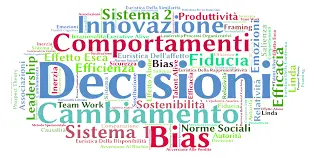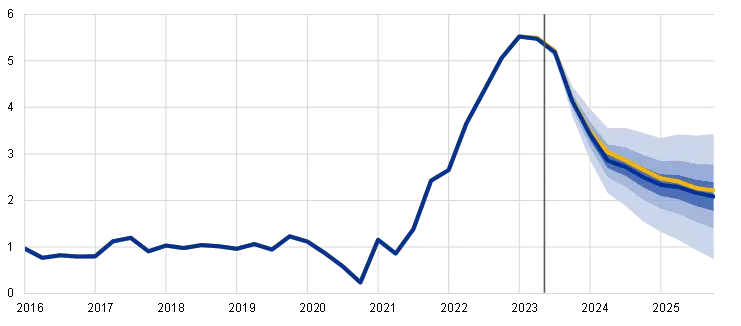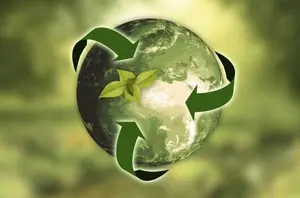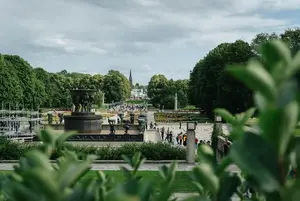Contenuti in evidenza
The greatest threat to our planet is the belief that someone else will save it.
Ecohesion: social cohesion in the ecological transformation
We are a research collective from the Department of Economics and Management at the University of Pisa, studying the interactions between climate policies, economic transformations, and redistributive mechanisms. Policies aimed at tackling climate change can in fact generate social and distributive tensions, hindering a transition toward a low-carbon and socially equitable economy.
We tackle this challenge with a systemic and multidisciplinary approach that integrates economics, social sciences, and environmental policy. We analyze how climate and energy policies affect economic structures, income distribution, and access to resources. Our research focuses on redistributive mechanisms to support the ecological transition, assessing the social impact of emission reduction policies and exploring strategies to mitigate their regressive effects. Our work is organized around three main areas: social behavior and cohesion, macroeconomic simulations, and civic engagement.
Behaviors and social cohesion

Behavioral economics provides us with methods and theories to study under what conditions the ongoing socio-economic transformations and the eco-social policies supporting the ecological transition can lead to a fair, inclusive, and widely supported path—one that is embraced by individual choices and socially feasible. In this area of research, we use tools from experimental economics and microeconomic modeling to investigate the cognitive, psychological, relational, and social factors that shape individual responses to the introduction of economic (dis)incentives or to the social and institutional innovations promoted through policy interventions.
Macroeconomic simulations

In our research group, we use economic modeling to analyze the relationship between growth, inequality, and the ecological transition. Through large-scale simulations and innovative methods, we assess the most effective policy combinations for reducing emissions without compromising social equity. Our approach goes beyond the limits of traditional analyses, exploring complex scenarios to identify sustainable and inclusive transition strategies.
Dissemination and civic engagement

The results are used for education and public awareness. The following learning tools have been developed: a web simulator that allows members of the general public to run their own scenario analyses; a board game designed to give children a systemic understanding of the relationship between climate and society; and an advanced training course for professionals, policymakers, and other interested stakeholders.
Ecohesion in Rio de Janeiro
Last July 16th, the Ecohesion Collective participated in the sixth International Workshop on Demand-Driven Growth at the Federal University of Rio de Janeiro, an international opportunity to focus on inequalities, climate policies and human rights.
Tutte le novità![[Translate to English:] [Translate to English:]](/fileadmin/_processed_/5/1/csm_rio_50c4ad5498.webp)
Other News
Curious about social and solidarity economy… through play?
On Sunday, July 6, from 5:30 to 8:00 PM, come with us to discover the Ecoesione board game in Marina di Pisa
Read moreCurious about social and solidarity economy… through play?Structural change towards public services for a sustainable care economy
This abstract among the research fields that the Ecohesion collective will present in Oslo during the four-day International Conference ISEE - Degrowth 2025
Read moreStructural change towards public services for a sustainable care economyEcohesion at the ISEE-Degrowth 2025 Conference
From 24 to 27 June 2025, Ecohesion will take part in the international ISEE-Degrowth conference in Oslo. The event brings together researchers, activists and organizations from around the world to discuss post-growth economies and ecological justice, with the goal of connecting theory and action.
Read moreEcohesion at the ISEE-Degrowth 2025 Conference


